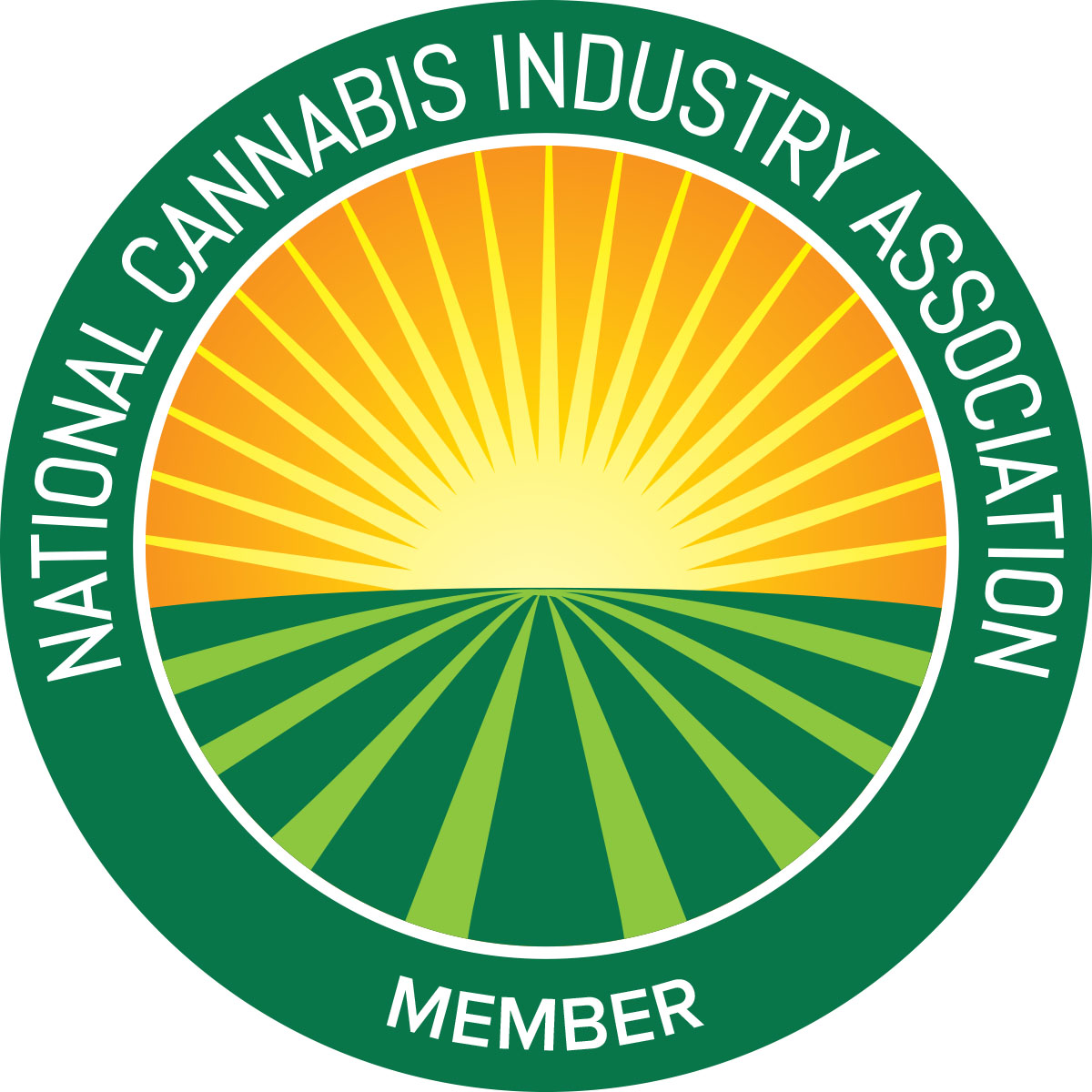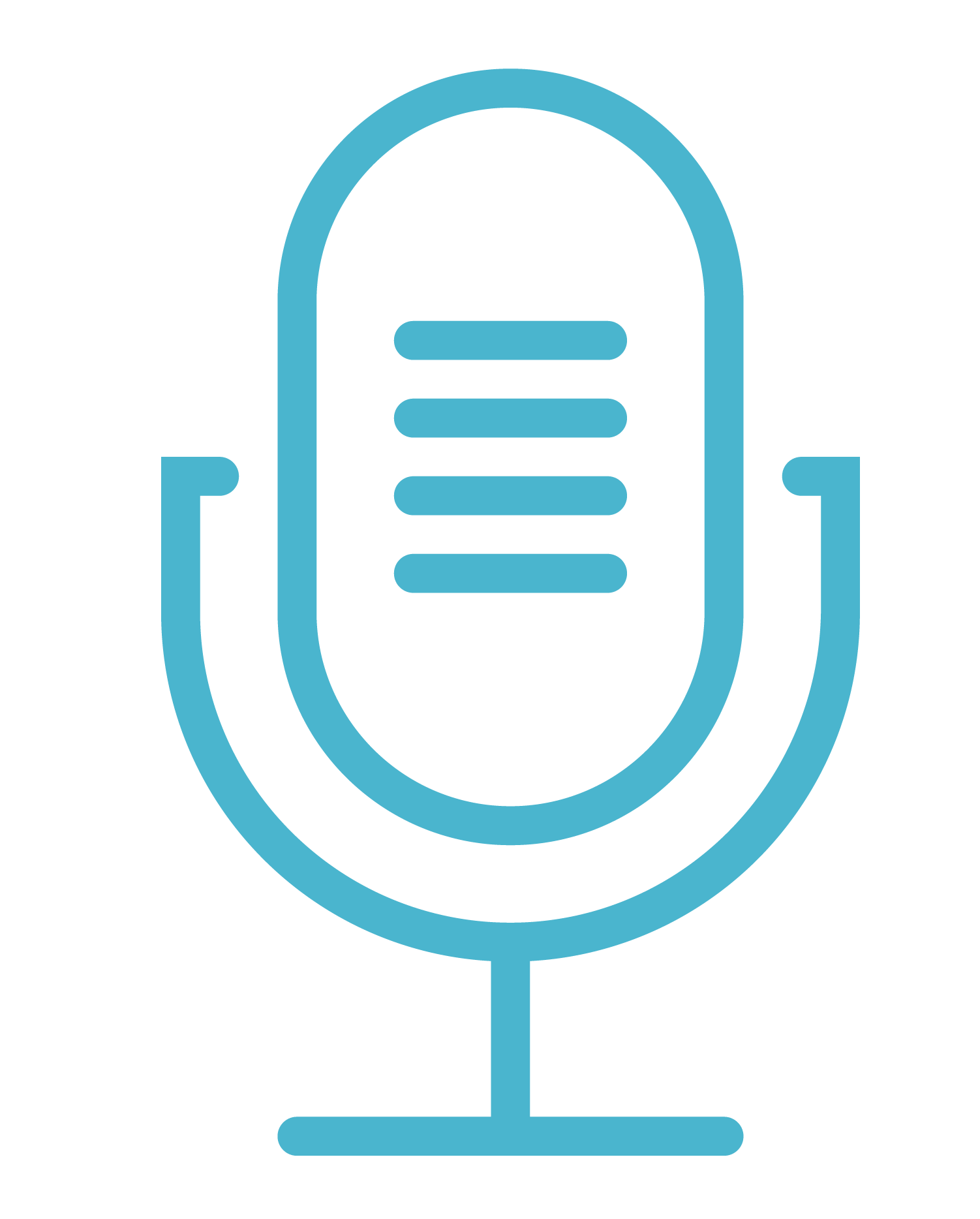- About Us
- Advertise
- Contact Us
- Editorial Board
- Editorial Information
- Terms of Use
- Privacy Policy
- Do not sell my Information
© 2024 MJH Life Sciences™ , Cannabis Science and Technology . All rights reserved.
Cannabis Science Conference Spring 2024: Interview with Jamila Owens-Todd
Keynote speaker Jamila Owens-Todd shares her perspectives on cannabis from medical and science viewpoints.
Jamila Owens-Todd is a Naturopathic Doctor, Formulations Consultant and Director of Clinical Education, and an Adjunct Professor of Cannabis Pharmacology at St. Louis University’s Cannabis Science and Operations Course. In her keynote presentation at the upcoming Cannabis Science Conference, Jamila will present, “The Evolution of Cannabis As Medicine - Keys to Cannabis Manufacturing,” and discuss future of cannabis manufacturing and how it can adhere to the integrity of healing, especially when encountering pharmaceutical product manufacturing. Jamila also holds a chemistry degree and has experience cannabis extraction and product formulation, plus clinical work and research.
Check out the video, read a partial transcript below, and register here for Cannabis Science Conference Spring 2024! See you in Kansas City, Missouri May 7–9, 2024!
Read more about Jamila Owens-Todd’s perspectives and upcoming presentation:
How have you seen cannabis science, education, and healing overlap throughout your career?
Jamila Owens-Todd: I feel like I've had to be intentional in it overlapping. But to be fair, my many careers make it overlap. You cannot enter a room, a cannabis space, a dispensary with a cultivator or manufacturer or a testing lab without education. Education is at the core of everything in this industry because we still to this day have novices, we have stigma, and we have people at very high levels in government who just don't understand what this is. So education is so much at the core that it has to be a part of the conversation of cannabis. Now the education is based off of the science—you cannot separate the two. What am I educating? I'm not typically educating on consumption, but even consumption is science; it's pharmacology and pharmacognosy. It's how medicine interacts with the body, how the body eliminates this medicine. So it's science no matter what.
Healing is my life, it is my life's work. And what I mean by that is, I feel that I've committed myself to doing the work of helping people find the path to their healing. And that can be with substances, or it can be with lifestyle, it can be with food choices, it can be relationship choices. Whatever it is that institutes healing into your life, I want to support that. And I want to be someone that can make that a reality for you. But healing is science. So we're talking about breathing—taking a deep breath, that's a healing that can occur in the state of stress or inducing calm, where there's a huge component of taking deep breaths that engages the vagus nerve, and you get into the nervous system interaction and engagement. And that's science. So to me, we cannot have one without the other. You cannot have cannabis education without science. You cannot have cannabis science without healing.
What will you be covering in your presentation, "The Evolution of Cannabis As Medicine – Keys to Cannabis Manufacturing"?
Owens-Todd: I give a little bit of the history. Most of us are familiar with the early medicines of cannabis and how they presented in early society. And not much has changed. That good old hashish ball is right now showing up as rosin. So I want to talk about those connections between what has happened and what is happening. And some key notes to being in the manufacturing space. I have been fortunate to be in a few different cannabis manufacturers and making products that I feel are good and quality and are safe for human consumption. Well, those practices, we can get really evolved. And we can get into some very high, “sciency” practices, nano technology and emulsions, which are cool, but it's still based off of a rudimentary science. And not to mention those same practices can actually be done just with bare hands and simple machinery. The question is, what is the end result? So the talk is to highlight how we haven't really gone too far from the original. But the point in that is to say, “Are we still adhering to the true principles of healing, natural medicine, science, at its core, when it's time to apply these things to products?” And so that really is the goal of this conversation, is to potentially present new pathways of production, but also the integrity of the products that we're making. Sometimes integrity is just based off of understanding the science, the education, healing practices. Are we implementing those today? And if not, how do we make it more applicable?


